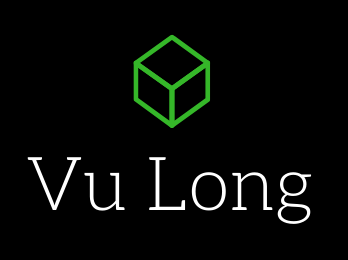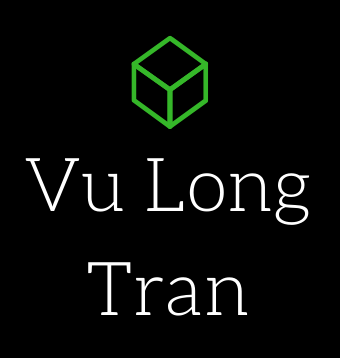Happiness around the world: the paradox of happy peasants and miserable millionaires"
“Individuals often trade off much larger future benefits for much smaller short-term ones (hyperbolic discounting). Due to this most developed economies have forced savings schemes – whether individuals accounts or pay-as-you go based- which are ultimately institutionalized mechanisms to get citizens to trade-off current consumption to save for their future retirement years"
- This is one of the reasons countries have superannuation. Australia has superannuation and Singapore has what they call the CPF which follows a similar principle but each with its own benefits.
- Contentment with what we have, our general welfare and our pride/ dignity - having those in tact means we are happy. The example of happy peasants is used where they can be happier than a millionaire as they have these three catered for in their way of life.
“[For developed economies the] challenge is not extreme poverty but relative poverty, vulnerability, and inequality of income and opportunity.”
- Very true, I don't believe many people are starving to death in a westernised country like Australia however they are struggling to hang in there, some even going by each day one day at a time - with no real personal outlook and feeling that there are opportunities out there for their own future.
“Happiness literature shows that individuals adapt very quickly to income gains but less quickly to losses, and more to changes in income than to changes in status.”
- This is true, it is always easy to gain something than to lose it. For a peasant to have an opportunity to experience a new way of life, having that expectation and personal experience of what it is really like having more money. It is much more difficult to stay happy when circumstances require them to live as they were before the change.
“High levels of inequality or low levels of social mobility, and related low expectations, can result in higher discount rates (and therefore more hyperbolic discounting) for those in the lower income ranks. This discounting can apply to areas such as public health as well as in the income realms, and may help explain why phenomena such as obesity are concentrated among lower income cohorts, at least in the developed economies.”
- An interesting insight into obesity and even smoking. I wonder if a comment made by an old colleague about chilli rings true here to?



